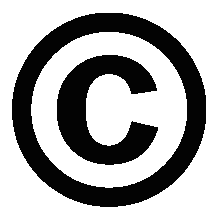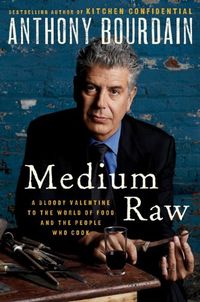
The burden is on Google to show the APIs it copied do not contain copyrightable expression because Oracle registered the copyrighted works at issue, which include the API specifications and the code.
Sounds innocuous, and it's supposed to. But if accepted by the court, and on appeal, it completely transforms the software landscape.
Oracle is arguing that it can copyright APIs and prevent companies from even connecting to its programs with them, without its permission, which may include demands for payment or for other business arrangements, at its sole discretion.
This would be a profound expansion of copyright, which remember lasts for the life of the creator plus 75 years, and is routinely extended any times it seems like Mickey Mouse might enter the public domain. (There is constant talk of making copyright eternal as well, and eliminating the public domain entirely.)

Patent law changes emanating from the 1997 State Street decision have put a tax on innovation, which can prevent any new entrants from getting into software and other tech markets. Large companies with massive patent portfolios can use those patents to keep out competitors, and of course engage in nuclear war with one another.
Despite many years of effort to create a sound case demonstrating this, the court in Bilski vs. Kappos refused to touch this patent consortium, creating a massive new after-market in patents.
This case goes further. Software program names become unique, protected by copyright. Code that connects programs becomes property. Open source becomes impossible.
Consider. The Apache Foundation has made a deliberate decision to let software authors retain their copyrights. How can it proceed with any business arrangements on behalf of that software if every author must be contacted in every case, and each one must sign off before a deal goes through?
Or consider the case that many companies operating under the General Public License (GPL) routinely retain copyrights even while offering a free license, or that they demand programmers assign copyright to them as the price for contributing. Open source licenses designed to equalize rights between all participants are suddenly unequal, because either one side holds the copyright or the copyright is spread to the point where the project can't proceed.
Oracle's argument, in short, renders open source illegal.

Which means you can't connect programs without permission, and even programs that are already connected can be broken, pending various demands for payment or other benefits from the APIs' "owners."
If Oracle's argument is accepted, then, connections between programs become illegal, large companies are the only firms allowed to enter innovative markets, and open source is illegal.
When voters are threatened with a party they don't like winning election, the joke goes, they threaten to "move to Canada." Most don't.
But I can guarantee that if this nonsense is accepted, most software companies will accelerate their moves to India, to China, to Singapore, to anywhere where the writ doesn't operate.
It is the most dangerous legal argument in the world.










